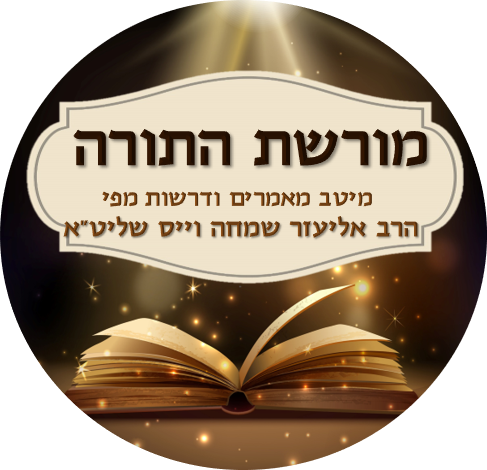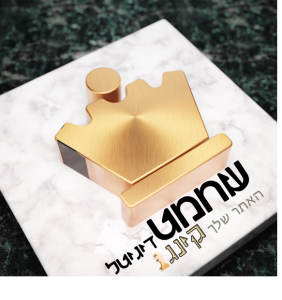There is a well-known saying of the famed Kabbalist, Rabbi Yitzchak Ashkenazi, known as the Ari Hakadosh, that there is a connection between Purim and the Day of Atonement (Yom Ha Kippurim). Indeed, Yom Ha-Kippurim, as the name implies, is only like Purim, not equivalent to it. In other words Purim is on a higher level than Yom Kippur for it is Yom Kippur that is compared to Purim and not vice versa. The most common explanation for this comment is that on Purim we reach the level of closeness to God that we reach on Yom Kippur, via physical aspects of the world, rather than through abstention from them, as we do on Yom Kippur.
I would like to suggest a different explanation, based on a different linguistic connection between the two holidays.
The name of the holiday of Purim comes from the Persian world for lot, pur, and refers to the lots which Haman cast to determine the day and month for the royal decree to wipe out all Jews in his kingdom. On Yom Kippur, too, lots are chosen to determine which of two identical goats will be used as a sacrifice on the altar, and which of them will be sent to the wilderness, to Azazel, and there thrown off a mountain to bring about atonement for the people. These two identical goats have totally different life endings all as a result of one fateful choice by lottery!
What is the idea behind choosing lots to determine the status of these two goats on Yom Kippur? The point of the drawing of lots on Yom Kippur is to focus on the decision that has unanticipated repercussions in life. Often, one chance decision can determine the road that a person takes in life, and in repenting, he/she must understand the reason that the initial choice was made leading to a particular path. This concept is in accord with the teaching of Rabbi Bachya Ibn Pekudah in his classic work Chovos Halvavos, in which he says that often in life, a person does not have free will in regard to each action he takes. Rather, free choice manifests itself in the path a person chooses. Once the path is chosen, however, all actions are a consequence of that initial choice: to regain free will, the path must be changed. To do so, the reasons for the path chosen must be understood. The lesson of the two goats is to sharpen our awareness of how important a particular decision can be, and to spur us on to recognize how we got onto a path detrimental to our spiritual health. The drawing of lots on Yom Kippur highlights the fact that decisions we make and have unanticipated repercussions in life.
The idea of lots on Purim is different from that on Yom Kippur. On Purim, the lots are symbolic of everything that happened in the course of the events presented in the Scroll of Esther (Megillat Esther). Each of the events, when observed as an isolated incident, seems to have been a natural occurrence, and it is only when taken as a whole that we see the Divine Providence that was involved throughout. That is why we do not see God’s name written in an explicit way in the Megillah, although, as our Sages (Chazal) have taught us, it does appear ‘in disguise,’ for example, as the word “Melech” – king- when it is written by itself, not followed by “Achashveiros.” Rabbi Eliezer Ashkenazi, in his commentary to Megillas Esther “Yoseif Lekach”, writes that it is for this reason that we must hear every word of the Megillah, in order to fulfill our obligation of Kriat Megillah, because it is the combination of all the events that led to our salvation, and we need to understand that there was Divine Providence throughout the entire scenario.
Perhaps, then, the connection between Yom Kippur, the day which is ‘like a pur, a lot,’ and Purim, is that Yom Kippur focuses our attention on the choices in our lives that determine the path on which we travel , and prepares us for understanding the results that follow. Purim, on the other hand, focuses our attention on the details of the path we have taken, and calls on us to understand that notwithstanding our free choice and the wrong choices and decisions that we have made with their seemingly inevitable results, Divine Providence takes our decisions and guides all the details of our lives.

 שחמט דיגיטל
שחמט דיגיטל